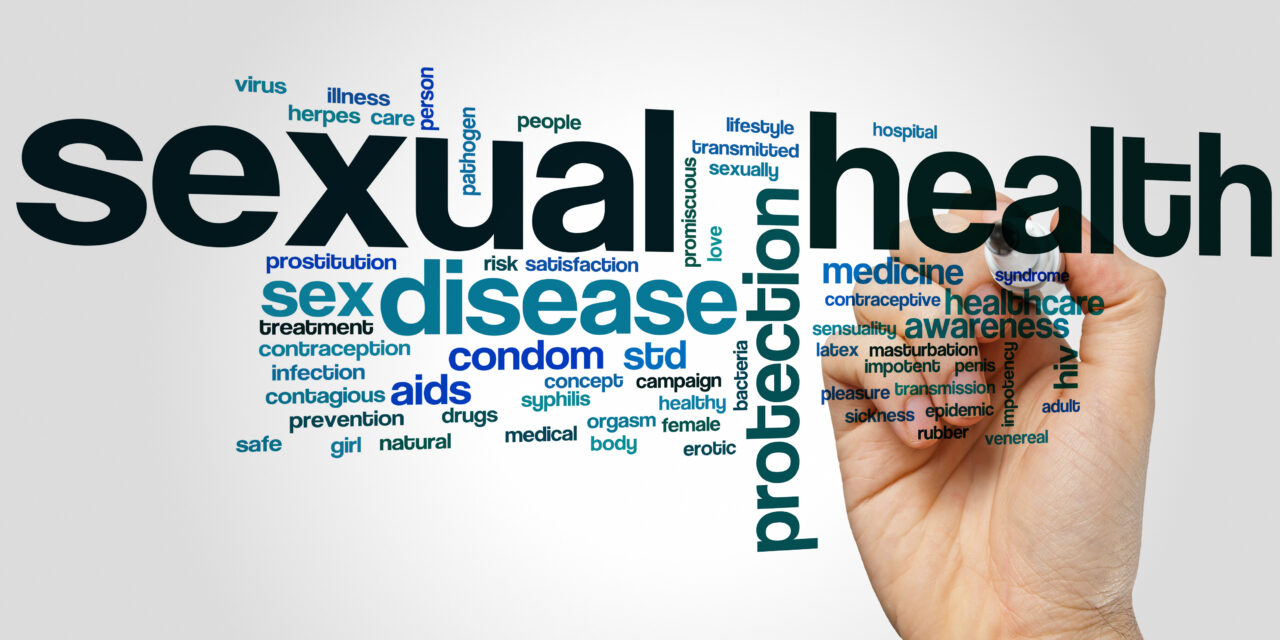By Annette Pinder
Shame Dies When Stories are Told in Safe Places ~ Ann Voskamp
The American Sexual Health Organization (ASHA) defines sexual health as “the ability to embrace and enjoy our sexuality throughout our lives.” ASHA notes that being sexually healthy means knowing that sexuality is a full and natural part of life and involves more than sexual behavior. It means the ability to have sexual pleasure, satisfaction, and intimacy when desired; being able to talk about sexual health with others, including sexual partners and health care providers; being able to recognize and respect the sexual rights we all share; having access to sexual health information, education, and care; putting a stop to STIs and unplanned pregnancies; and seeking care and treatment when needed.
The Sexual Health Medicine Society of North America (SMSNA) says studies show that young people who can discuss sexual health with their parents, health care providers, or other influential people in their lives have healthier outcomes. These important mentors in a young person’s life help educate them about the risks and benefits of sexual activity and provide them with information on how to practice safe sex. Studies also show that adolescents who talk can talk to their parents about sexual and reproductive health issues make healthier decisions related to sex than their peers. “This creates positive ripple effects throughout a society such as reducing the overall spread of sexually transmitted infections (STIs), destigmatizing masturbation, limiting unplanned pregnancies, and avoiding possible dangers to health such as the practice of unsafe abortions,” says SMSNA.
In spite of this, SMSNA notes that 20% of parents and 65% of providers never discuss sex with their children or adolescent patients. Also, few patients are comfortable discussing these topics with their health care providers. Young people, especially, say they feel awkward addressing sexual health topics in any context, noting that they believe that they will be made to feel ashamed of their sexuality, especially due to religious beliefs of their parents.
“Our family planning program goes beyond contraception — it’s about comprehensive reproductive healthcare,” says Emily Murphy, Women’s Health Nurse Practioner. “We provide a safe and judgment-free space for open conversations about sex and responsible choice. Addressing health inequities is at the core of our family planning program — we strive for equitable care.”
Services include teen-friendly birth control; pregnancy testing & options counseling; STI testing & treatment; rapid HIV testing & prevention counseling; treatment of vaginal infections; well-woman exams; breast & cervical cancer screening; preconception care; infertility screening; screenings for depression, alcohol and tobacco use; and domestic violence.
Watch LaTarcia Daniels and Emily Murphy in an upcoming television show on Wednesday, August 30 at 8 pm and on Saturday, September 2 at noon on WBBZ-meTV, as they discuss CHCB’s comprehensive services, including contraception and emergency contraception, preventing unintended pregnancies, reproductive health concerns for transgender and non-binary individuals, and more. Learn more about CHCB’s comprehensive services for teens, women, men, and LBGTQ+ individuals at https://chcb.net/family-planning-services. Call 716-986-9199 for an appointment, or just walk-in. CHCB serves all patients regardless of insurance.












